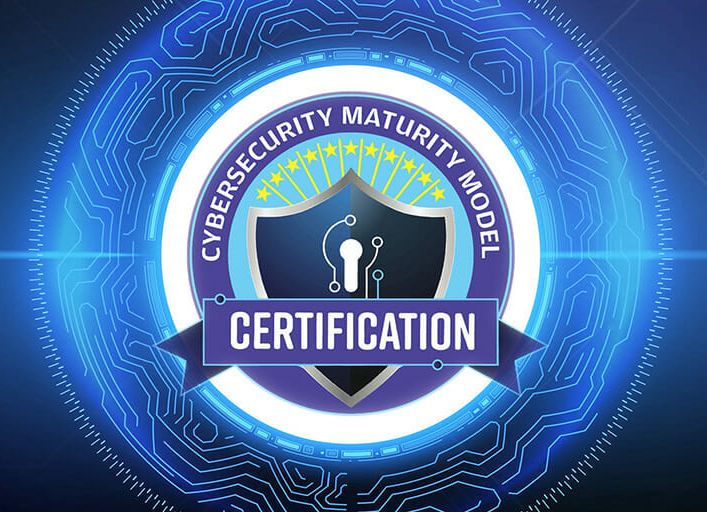In a swiftly evolving business landscape, the importance of intellectual property (IP) is more apparent than ever. IP, encompassing patents and trademarks, serves as a cornerstone for businesses, differentiating them, safeguarding innovations, and significantly contributing to their success. This article delves into the profound influence of patents and trademarks on the funding prospects of European startups.
The Game-Changing Study
Recently, the European Patent Office (EPO) and the European Union Intellectual Property Office (EUIPO) jointly conducted a groundbreaking study. Their findings shed light on how patents and trademarks can be instrumental in propelling European startups to greater success. The study revealed that startups equipped with these two forms of intellectual property rights during their initial stages, such as seed or early growth phases, are up to 10.2 times more likely to secure funding successfully.
The Geographical IP Landscape
The adoption of IP rights varies significantly across European countries. Notably, Finland and France boast the highest percentage of startups with IP filings, with both countries standing at 42%. In contrast, the United Kingdom, where just 28% of startups possess any IP rights, attracts a substantial share of European venture capital investment. In 2022, the UK drew a remarkable €31 billion in venture capital, as reported by PitchBook data.
Industry-Specific IP Trends
Different sectors exhibit varying degrees of intensity in patent and trademark ownership. The biotechnology sector emerges as the most IP-intensive, with 60% of UK biotech startups seeking one or both of these IP rights. Impressively, 25% of these biotech startups hold both a patent and a trademark. Science and engineering follow closely, with 44% of companies engaging in IP ownership, wherein 35% opt for a trademark and 23% for a patent.
While trademarks offer protection for all products and services that can be branded, patents predominantly safeguard innovative products, processes, and technologies. Sectors with notable patent activity include manufacturing (19%), energy (16%), natural resources (16%), and healthcare (15%). Trademarks, on the other hand, find substantial use in sectors such as food and beverage (41%), consumer goods (39%), manufacturing (37%), and healthcare (36%).
Deep Tech Startups and Their Unique Needs
For startups delving into deep tech, characterized by groundbreaking technologies requiring substantial investments and extended development timelines, patents and trademarks offer substantial benefits. They cater to the demands of "patient" investors seeking transformative innovations. Deep tech startups benefit tremendously from the protections offered by patents and trademarks.
Voices from the EPO and EUIPO
António Campinos, President of the European Patent Office, underscores the vital role startups play in innovation and economic growth. These dynamic entities have the potential to develop solutions addressing society's most pressing challenges and contribute to a more sustainable future. To further support startups, the EPO has introduced the Unitary Patent, along with a revolutionary tool, the EPO Deep Tech Finder. This tool empowers potential investors to identify and assess startups harboring pioneering technologies, fostering innovation and progress.
João Negrão, Executive Director of the European Union Intellectual Property Office, emphasizes the significance of intangible assets in today's business landscape. Intellectual property rights, particularly trademarks, serve as legal safeguards for investments in intangibles, providing the means to secure financing and collaborations. Startups, often possessing little beyond their intellectual capital in their initial stages, stand to gain the most from trademark protection. The EUIPO's initiatives, including the SME Fund implemented in conjunction with EU national and regional IP Offices, aim to support startups in registering their IP rights. Additionally, the EUIPO is actively involved in initiatives like IP valuation and IP Scan enforcement to aid innovative startups.
Fueling the Modern Economy
The European startup ecosystem has witnessed phenomenal growth in recent years. According to the OECD's Financing SMEs and Entrepreneurs 2023 Scoreboard, all economies experienced significant increases in venture capital (VC) activity following the COVID-19 crisis. In 2021, the median growth in VC activity was an impressive 58.6%, a remarkable jump compared to the 4.18% growth recorded in 2020. Nevertheless, early-stage investments, particularly risk capital and venture capital, remain a challenge for startups and scale-ups. These forms of funding are critical for expanding operations, developing products, and entering new markets. Several EU initiatives, including the creation of the European Innovation Council (EIC), aim to address these challenges by supporting emerging deep technologies and breakthrough innovations.
In the intricate startup landscape, patents and trademarks emerge as indispensable tools for gaining a competitive edge. Patents grant startups the power to safeguard their pioneering technologies, protecting their innovative advantage and positioning them strategically in the market. Trademarks provide a robust legal defense, preserving investments in intangible assets. These distinctive symbols and names, when legally protected, serve as formidable shields, guarding a startup's brand identity against infringement.
In conclusion, the profound impact of patents and trademarks on European startups' funding prospects cannot be overstated. As the business world continues to evolve, these forms of intellectual property stand as beacons guiding startups towards success, innovation, and sustainability. Whether you're an emerging startup or a well-established enterprise, investing in intellectual property protection is a prudent decision that yields long-term benefits.








